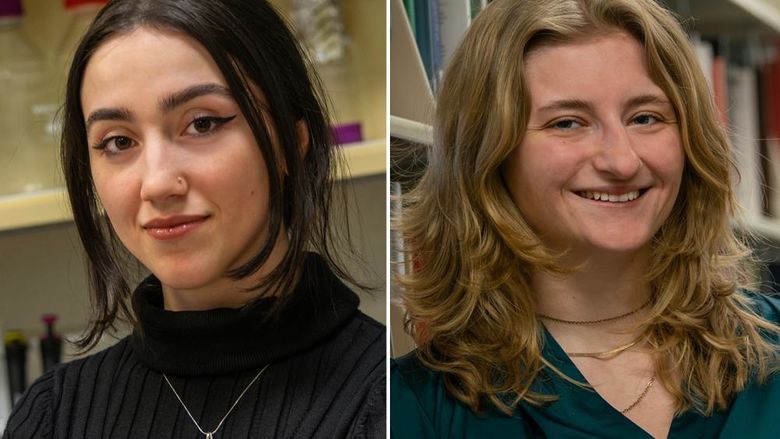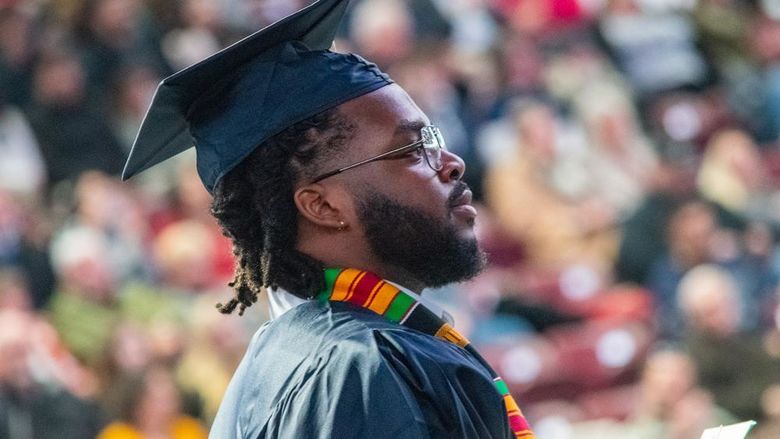
Shaun Gabbidon, distinguished professor of criminal justice at Penn State Harrisburg, is the recipient of a 2019 Academy Fellow Award by the Academy of Criminal Justice Sciences.
MIDDLETOWN, Pa. — Shaun L. Gabbidon, distinguished professor of criminal justice in the School of Public Affairs at Penn State Harrisburg, was recently honored with the 2019 Academy Fellow Award at the Academy of Criminal Justice Sciences (ACJS) Award Luncheon on April 4 in Baltimore, Maryland. Fewer than 40 scholars have received this distinction.
To receive the award, candidates must demonstrate scholarly achievement in their discipline, including the publication of books, articles, reviews, technical reports, grants or papers to scholarly associations; professional contributions to the academy, such as active participation or leadership in the academy through workshops, conferences, panels or offices; having awards or fellowships; and/or being a visiting lecturer or professor, or an office holder in state, regional, national or international societies. Faculty members must also have been teaching courses on crime and/or criminal justice for a minimum of five years.
Gabbidon’s research interests include race and crime; public opinion on race, crime and justice; security administration; and criminology and criminal justice pedagogy. He has served as a fellow at Harvard University's W. E. B. Du Bois Research Institute, and he has taught at the Center for Africana Studies at the University of Pennsylvania.
The author of more than 100 scholarly publications, including 70 peer-reviewed articles and 12 books, his most recent books include the co-authored text “Race and Crime” and the co-edited book “Building a Black Criminology: Race, Theory, and Crime.” The recipient of numerous awards, Gabbidon was most recently awarded the 2015 Julius Debro Award for outstanding service and the 2016 Outstanding Teaching Award, both from the Division on People of Color and Crime of the American Society of Criminology. His professional affiliations include the American Society of Criminology and the Academy of Criminal Justice Sciences.
The Academy of Criminal Justice Sciences is an international association established in 1963 to foster professional and scholarly activities in the field of criminal justice. ACJS promotes criminal justice education, research and policy analysis within the discipline of criminal justice for both educators and practitioners. It has approximately 2,800 members representing all 50 states, many countries, and nearly every institution of higher learning that has a criminal justice or criminology program.




